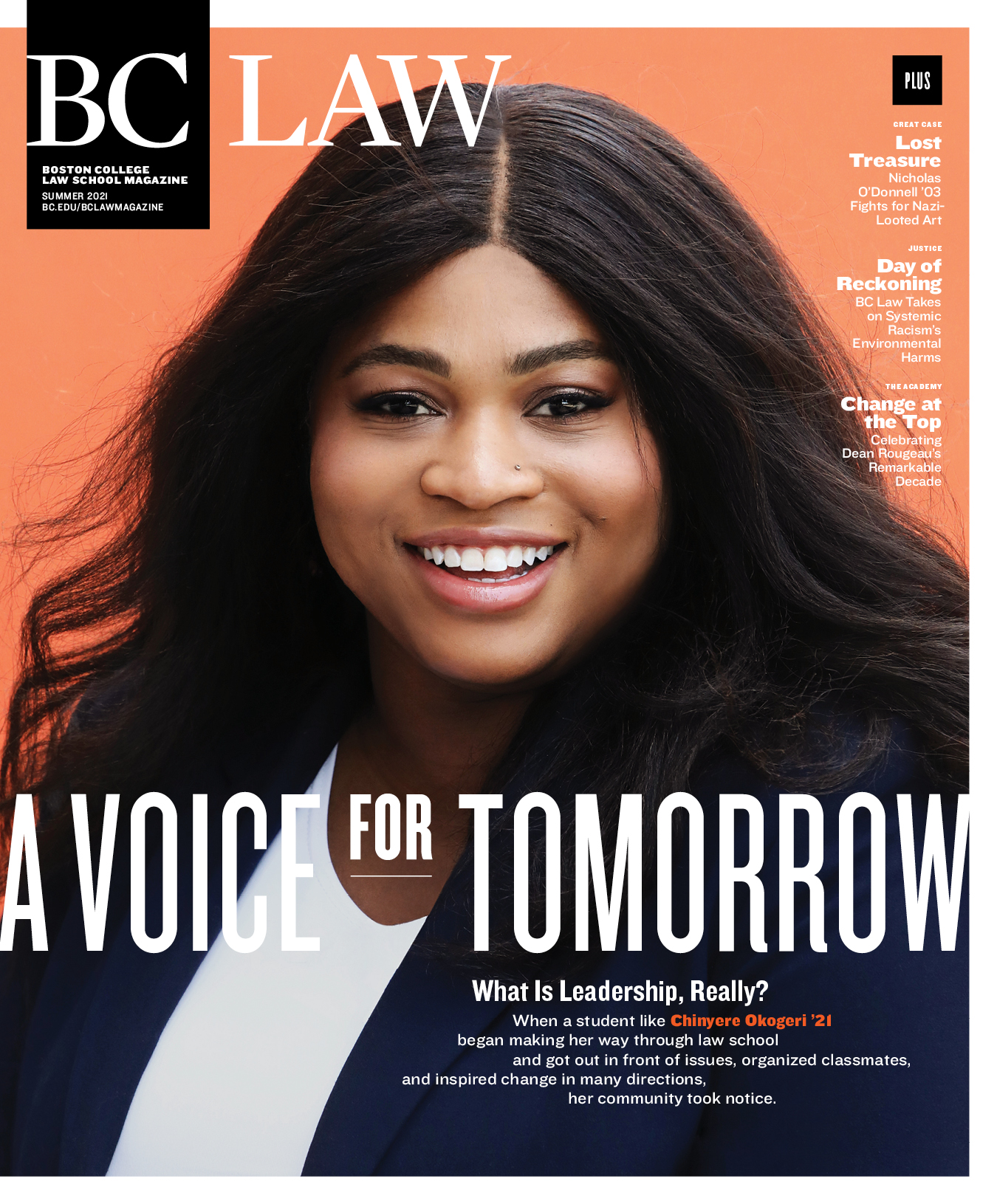To paraphrase historian Henry Brooks Adams: “Teachers affect eternity; no one can tell where their influence stops.” That is certainly true of Dean Vincent Rougeau, and Professors George Brown, Frank Herrmann, and Francine Sherman, who collectively dispensed more than 120 years of wisdom—and considerable wit—to the students of Boston College Law School.
Their interests varied widely, from democratic citizenship (Rougeau) and government ethics (Brown) to criminal procedure (Herrmann) and juvenile rights (Sherman), but their mission was shared: to teach their students how to use the law for the greater good.
At a time of leaving, colleagues can be forgiven for superlatives. Descriptors like “brilliant and self-effacing,” “enormously positive,” “nothing short of remarkable” are laced throughout the stories here.
Yet such phrases hint at the legacies these teachers leave behind in countless hearts and minds.
No, there is no telling where their influence stops.
“When he came in, he was drinking from a fire hose.”—Former advisory board chair Paul Dacier said of the challenges Rougeau confronted upon arrival in 2011.
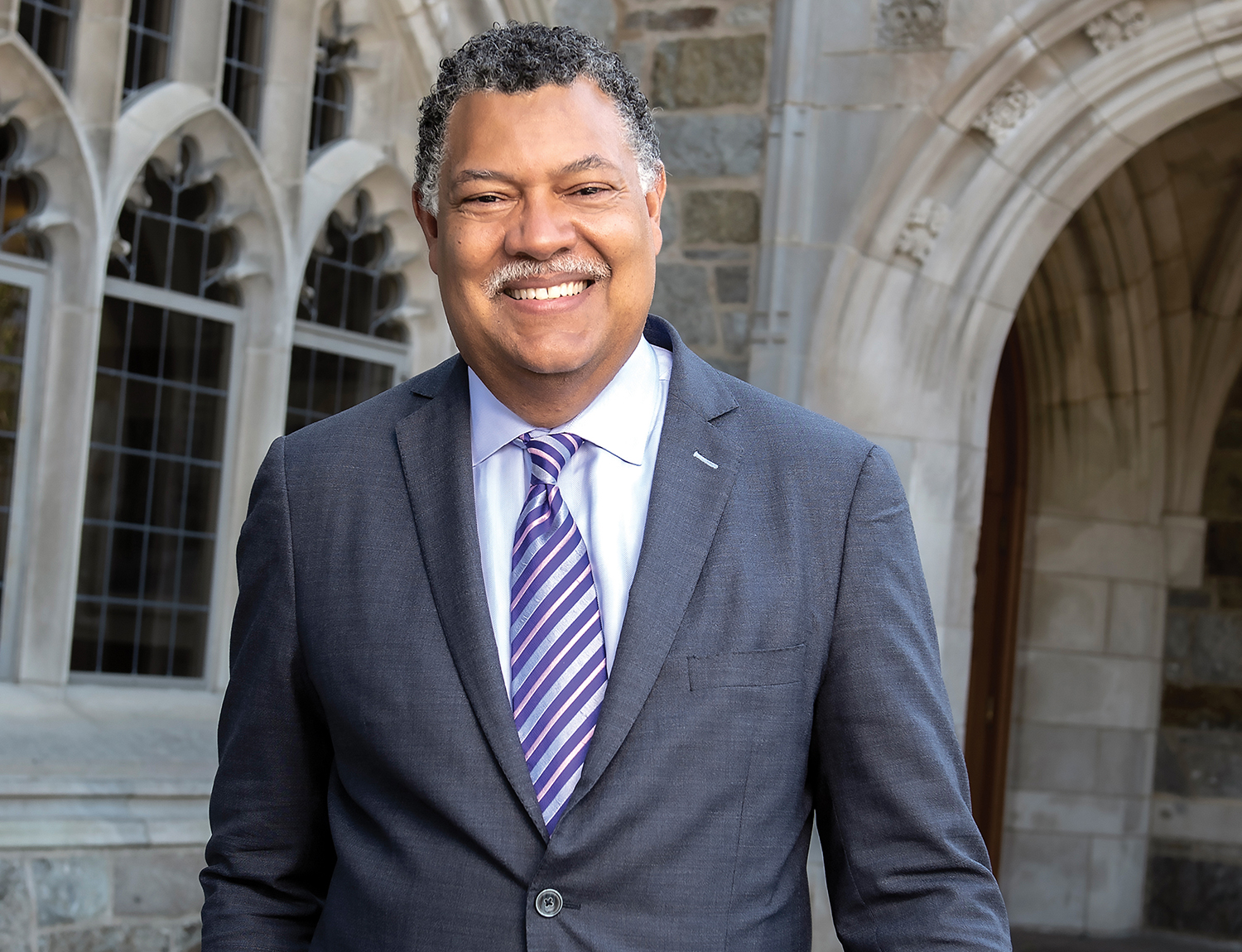
VINCENT ROUGEAU
Our Man for All Reasons
Dean Vincent Rougeau has steered Boston College Law School through ten turbulent years that started with a national crisis in legal education and ended with a worldwide pandemic and reckoning with racism. As he prepared to leave the Law School on July 1 to become President of the College of the Holy Cross in Worcester, colleagues reflected on the impact of his tenure.
Rougeau’s appointment as the first African American to head BC Law School came as law students were facing an increasing debt load and major law firms were slashing entry-level hiring in the wake of the 2008 recession. “Applications were down nationwide and people were questioning the value of pursuing a degree in law,” said Paul Dacier, member and former chair of BC Law’s Dean’s Advisory Board. He met Rougeau on his first day on campus, in July 2011, and saw the scale of the challenges he faced: “When he came in, he was drinking from a fire hose,” said Dacier.
Rougeau proved to have both the temperament and the vision to meet the moment. “Vince has a real capacity to understand what the future requires,” said Founders Professor of Law Mary Bilder. Coupled with his “enormously positive personality,” she said, this enabled him to move the school forward while boosting morale and bringing colleagues along with him as he promoted an ambitious agenda: increasing diversity in the faculty and student body, rethinking the curriculum to better prepare graduates for the workplace, enhancing the school’s global engagement, and strengthening its relationship with the wider University. “Change is exciting but it’s also scary—you need a coach who’s positive rather than yelling at you all the time, and Vince is exceptionally talented in that area,” said Bilder.
Darald and Juliet Libby Professor Cathleen Kaveny has known Rougeau for more than twenty years, since they taught contracts law together and debated Catholic Social Teaching as colleagues at Notre Dame University. As her 2014 joint hire to BC’s theology department and the Law School exemplifies, said Kaveny, Rougeau sees law as “a discipline that’s in conversation with the humanities, with the social sciences, with the sciences.”
Both informally, in conversations with colleagues across campus, and formally, through his involvement in the University’s strategic planning process, Rougeau has been critical to “imagining new ways of connecting the Law School and its many strengths with partners in other corners of the University,” said Boston College Provost David Quigley.
For Steven Wright ’81, senior vice president and general counsel at the Boston Federal Reserve Bank and an African American BC Law graduate, Rougeau’s appointment had “tremendous significance.” He credits Rougeau not only with reconnecting him personally with the Law School community, but also with empowering the broader Black Alumni Network (BAN), and giving members a stronger voice and role in all alumni activities. Wright and Rougeau would meet regularly for breakfast at the dean’s favorite Newton diner and strategize about how to open their profession to the widest possible spectrum of potential candidates.
“Vince’s commitment to diversity is a great strength,” said Professor of Law and Dean’s Distinguished Scholar Alfred C. Yen. Under Rougeau’s leadership, said Yen, “the law school became more inclusive, offered a very strong curriculum, and made a number of excellent faculty hires who will be great representatives of the school for decades.”
The success of a dean, Yen suggested, often depends on the match between the dean’s vision and the aspirations of the faculty. “Vince’s match to BC was peculiarly good,” he said, noting how Rougeau has built on the school’s existing strengths, consolidating hands-on training programs into the new Center for Experiential Learning, and expanding the Global Practice Program. The partnerships with prominent foreign institutions enable student exchanges and collaboration between BC Law faculty with their peers in countries including England, Ireland, Germany, Chile, France, and China.
“Vince has been a critical leader both within the Law School and for the larger University,” said Provost Quigley. At no point was that leadership more crucial than in the summer of 2020. Following the murder of George Floyd and the larger reckoning with racial justice across American society, Quigley and BC President William P. Leahy, SJ, asked Rougeau to step in as the inaugural director of the BC Forum on Racial Justice in America, as someone uniquely qualified to guide the University’s efforts to make substantive and sustainable change.
On the national stage, too, said Paul Dacier, Rougeau has spoken forcefully on issues of racial and social justice, most recently in his role as President of the American Association of Law Schools (AALS).
From her vantage point in Washington, DC, retired federal judge and former long-serving member of the Dean’s Advisory Board Ellen Huvelle ’75 has watched Rougeau navigate a tense decade with great skill. But for all his national stature and accomplishments, said Huvelle, Rougeau is “quite understated” and has never been given to self-promotion. Huvelle was touched by Rougeau’s attentiveness after she had a serious accident a few years ago. “His humanity is very apparent,” she said, adding, “I’ll miss him, as will the school at large.”
Photograph by Webb Chappell
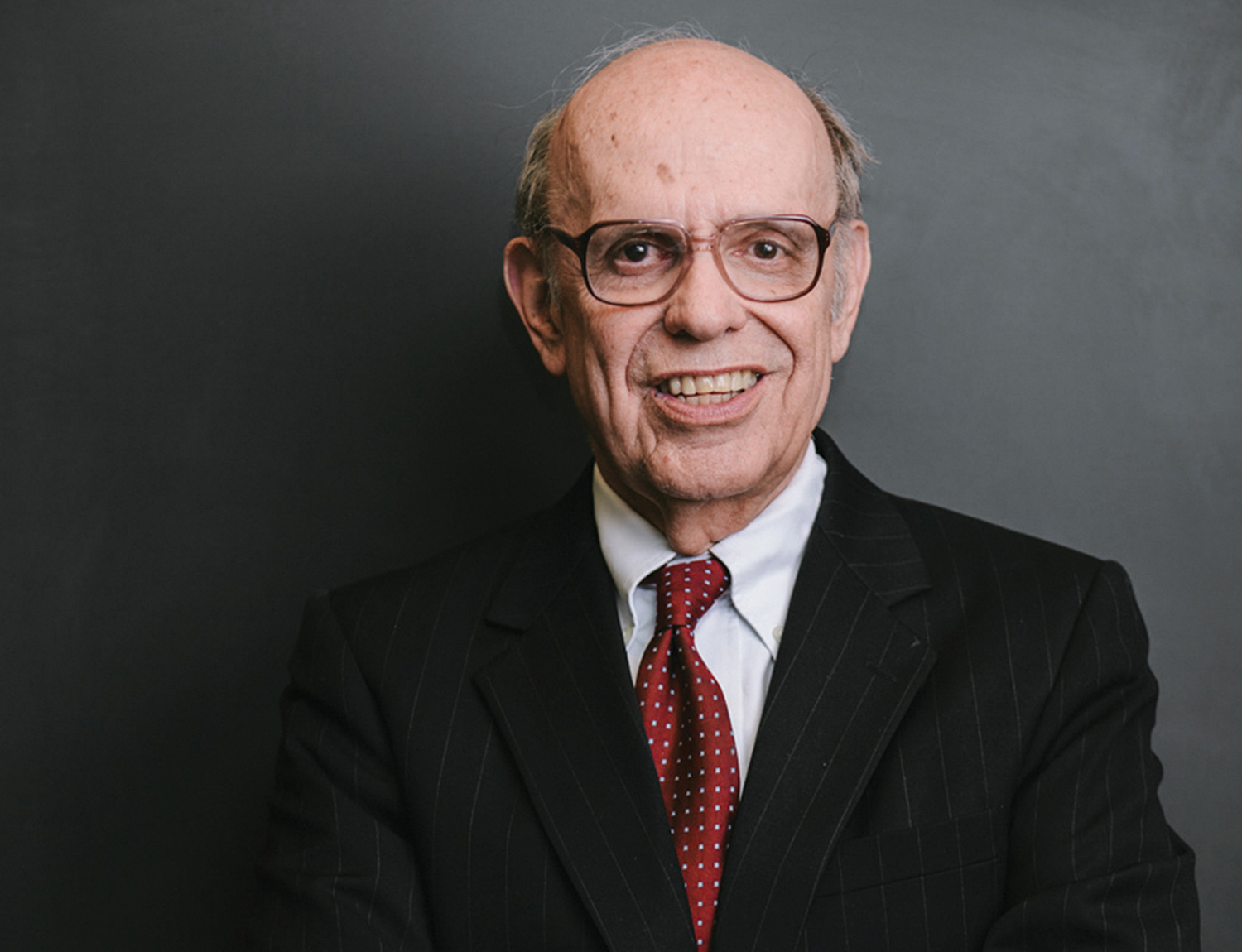
GEORGE BROWN
An Ethicist Through and Through
The two final courses taught by Professor George Brown in fall 2020 were Political Corruption and Election Law. Long recognized for his influential scholarship in government ethics, public corruption, and federal-state relations, Brown supercharged his last classes with material drawn straight from current events, from the “Bridgegate” controversy in New Jersey involving former Governor Chris Christie’s staff to battles over election law in the run-up to last November’s general election.
He gave those lessons nearly fifty years to the day of arriving at Boston College Law School for a job interview with then-Acting Dean Richard Huber. As “astounded” as he was by the community during his visit, he was even more profoundly influenced by Huber. Brown had been leaning toward going back into Massachusetts government, where he had worked as an assistant attorney general under Eliot Richardson and a legislative assistant to Governor Francis Sargent. But, Brown said of his talk with Huber, “our conversation changed my mind about teaching.” It also changed his life. He retired in June after five decades at BC Law.
“He’s brilliant and self-effacing, so that most people would not know that he was a Sears Prize winner at Harvard Law School,” said Brown’s longtime friend and colleague, Professor Zygmunt Plater.
Noting that prize at a recent event to honor Brown and other departing faculty, Professor James Repetti ’80 said: “George was obviously tailor-made to be a lawyer,” and is “truly a man for all seasons” who has given sterling service to the Law School, the federal government, and the Commonwealth of Massachusetts, all while keeping up an “amazingly productive” flow of scholarship.
The words of the soft-spoken and even-keeled Brown carry weight both within and beyond the legal academy. “When he writes an article, it’s to make a difference in the jurisprudence of the United States,” said Plater. The claim is supported by the fact that Brown has published some forty-five scholarly articles and his work has been cited more than 500 times in court opinions and law review articles, including by Supreme Court Justice Antonin Scalia in an influential dissent from a denial of certiorari in Sorich v. US (2009.)
In August 2006, Brown was named as the inaugural holder of the Robert Drinan, SJ, professorship in recognition of his intellectual leadership, and in Plater’s words, “the integrity and brilliance of his scholarship,” qualities for which he has the utmost respect, despite their political differences. As long-time fishing buddies, said Plater, he and Brown have an old joke: “Whether we’re in a canoe or a flat-bottomed boat, he fishes off the right side and I fish off the left.”
Admitting to workaholic tendencies, Brown plans to continue researching and publishing in law reviews. He is currently working on an article about court packing, and follows a slew of blogs, both liberal and conservative. He predicts that in retirement, his writing may become a touch more polemical.
Brown also looks forward to extra-legal pursuits, including exploring the history of his hometown of Newburyport, Massachusetts. He and his wife Patricia, a retired teacher, are members of the town’s historical society, and Brown is a regular at its weekly Zoom trivia quiz. “I’ve only won it once, but it’s a lot of fun,” he said. Let other contestants be on their mettle. As Zyg Plater put it: “Very quickly people realize, you cannot underestimate George Brown.”
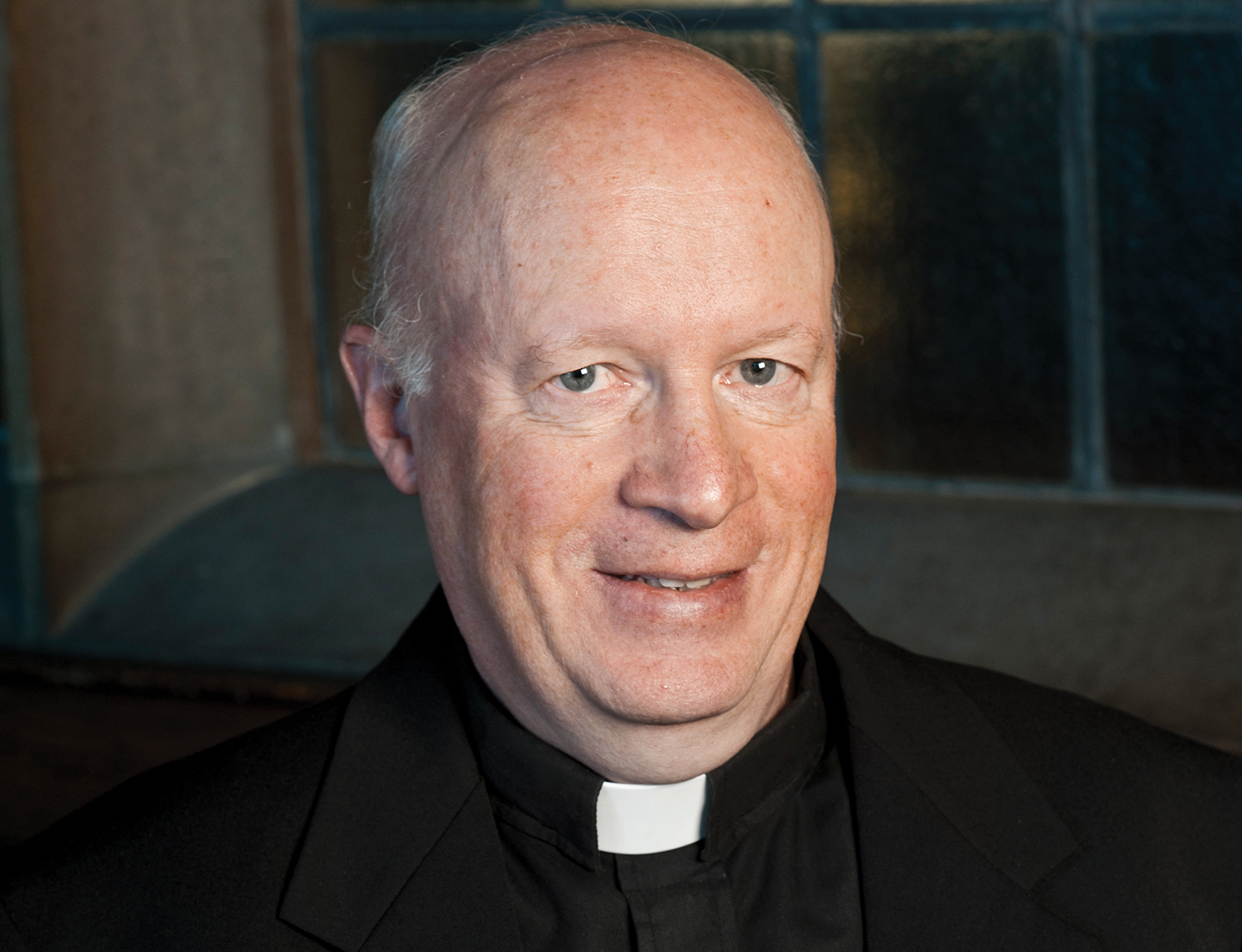
FRANCIS HERRMANN
A Man of Humor, Grace
Professor Francis Herrmann ’77 arrived at BC Law as a 1L in 1974, a newly ordained Jesuit priest from the Bronx with a budding vocation in the criminal legal system that grew from teaching reading to Rikers Island prisoners.
“Frank was Frank even back then,” said longtime colleague Professor Sharon Beckman, director of the BC Innocence Program. Known among his classmates as “a kind, truly thoughtful man with an amiable upbeat personality, a generous spirit, sharp intellect, and a dry wit,” Beckman said, Herrmann drew people to him with his easy conversation and genuine interest in the lives of others.
After law school, Herrmann became an attorney with the Massachusetts Defenders Committee. He was a master of marshalling compelling defenses even in the face of seemingly overwhelming evidence. As a public defender directly representing clients in trials and appeals, and as a Committee for Public Counsel Services (CPCS) board member and teacher of hundreds of future public defenders, he was without peer. “It is impossible to overstate Frank Herrmann’s contribution to indigent defense in Massachusetts,” said CPCS chief counsel Anthony Benedetti, in a message of congratulation on his retirement.
Along the way, Herrmann’s skills as an attorney and teacher impressed former BC Law Professor Phyllis Goldfarb, when she saw a video of him teaching a master class on closing argument. She approached then-Dean Daniel Coquillette to suggest recruiting him to the BC Law faculty, which he joined in 1991. For three decades, Herrmann taught Criminal Law, Evidence, and Advanced Criminal Procedure, and anchored the BC Defender Trial Clinic, later founding the Compassionate Release and Parole Clinic.
“I felt beyond fortunate to have Frank as my professor,” said the Honorable Lisa Ann Grant ’96, now a judge in the Dorchester Division of the Boston Municipal Court. “Not only was he the definitive authority on evidence, he was legendary as a former public defender. And he possesses a devilishly dry sense of humor, which made his class so much fun,” she said.
“From Dorchester District Court to Suffolk County Jail to MCI Cedar Junction, Father Herrmann lives the core of Ignatian spirituality to find God in everyone, in every place, and in everything,” said Matthew Ivey ’09, another former student who is now director of legislation and policy for the US Navy.
Acknowledging that Herrmann’s “first and highest calling has always been as a member of the Society of Jesus,” Sharon Beckman summed up his enduring influence as “the living embodiment of what BC Law School aspires to be.”
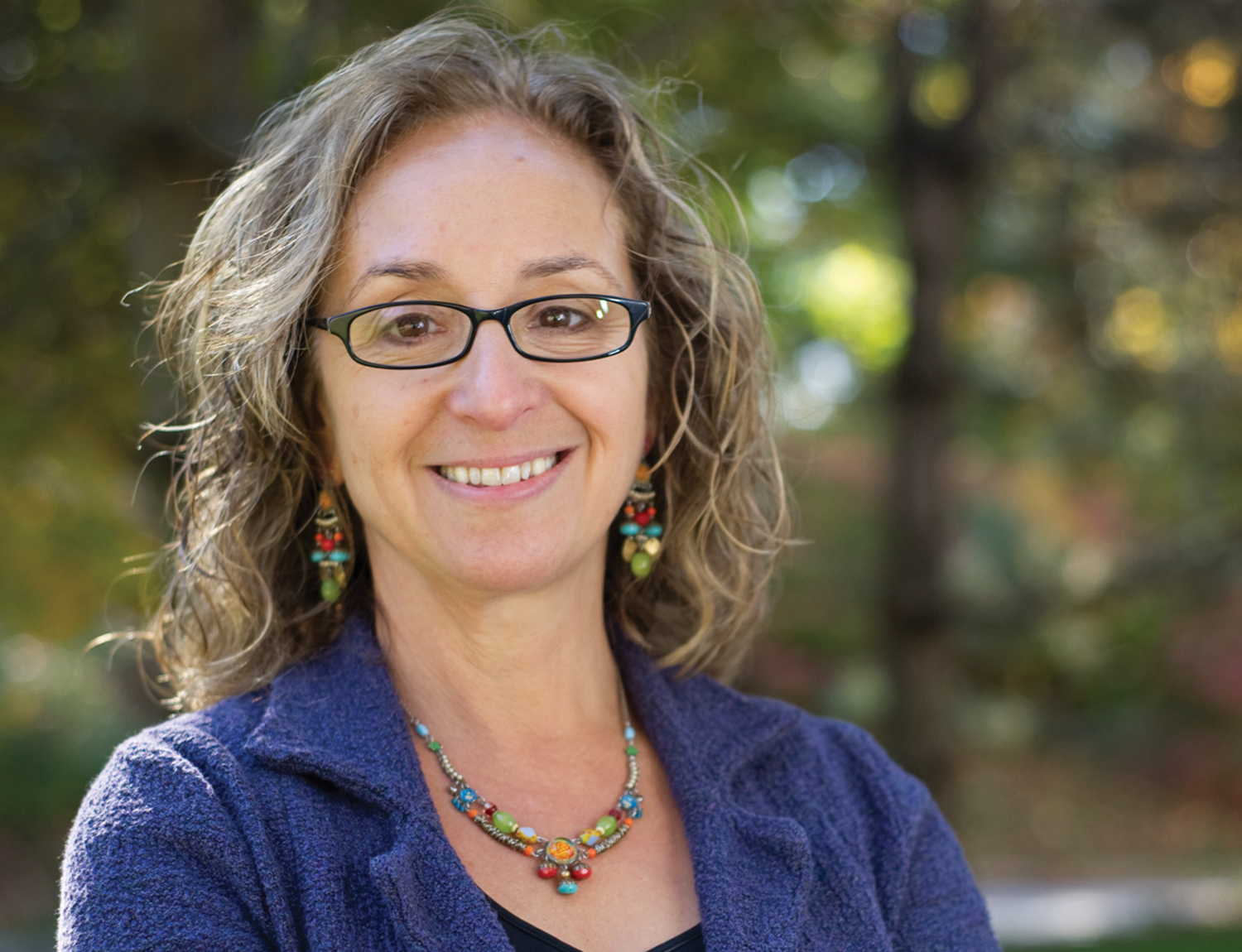
FRANCINE SHERMAN
Giving Voice to the Voiceless
“Fran’s career here has been nothing short of remarkable, and I dare say unique,” Professor Paul Tremblay recently said of colleague Professor Francine Sherman ’80. Why? Her career path was entirely of her own making. She taught for ten years as an instructor in Legal Reasoning, Research, and Writing, then in 1996 launched the program that signaled her true legal passion, the Juvenile Rights Advocacy Project (JRAP). In its blend of policy and practice, “[I]t was innovative before clinics started to be innovative,” said Tremblay.
“Fran ran JRAP for sixteen years on soft money, fundraising, and Law School contributions,” said Professor Judith McMorrow at a recent retirement gathering. McMorrow credited the program’s flourishing to Sherman’s sheer force of will, tenacity, and success in attracting grant money to the tune of more than $4 million, a mighty sum at BC Law. In 2012 the Law School established a full time faculty post to support JRAP, which after a national search was awarded to Sherman.
“In establishing JRAP,” said Tremblay, “Fran quickly became a leader on juvenile justice.” She has testified before Congress, served on the US Department of Justice National Advisory Committee on Violence Against Women, and as a consultant to the Office of Juvenile Justice & Delinquency Prevention’s National Girls Initiative.
Continuing a long-term collaboration, she is a consultant to the Annie E. Casey Foundation’s Juvenile Detention Alternatives Initiative on strategies to reduce the detention of girls nationally. Sherman testified at a juvenile justice reform conference at the Obama White House, and, in 2016, received the Robert F. Kennedy Children’s Action Corps Embracing the Legacy Award, for working “tirelessly to better the lives of children and their families.”
JRAP has made a powerful difference both through individual casework and by training generations of BC lawyers who in turn have become leaders in juvenile justice, said McMorrow.
Empowering vulnerable young people is also a theme of Sherman’s other projects. They include the nonprofit Artistic Noise, founded in 2001, and I Am Why, an advocacy group started by Sherman in 2017 to build the collective and individual power of young women shortchanged by the justice system.
“Although Fran will be leaving academic life, she will continue to promote the voices of students and kids,” said McMorrow, ending with the heartfelt wish that Sherman’s humane voice might “continue to rise above the cacophony of indifference in this world and be a beacon.”


